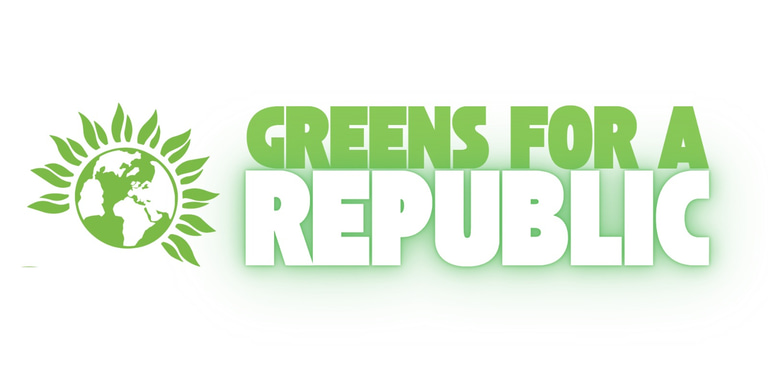Why is a 'slimmed-down' monarchy still unacceptable?
A reduced monarchy is supposed to be a compromise, but when it comes to fairness and equality, any kind of inherited privilege crosses the line.
10/19/20251 min read
A "slimmed-down" or "bicycle monarchy" (one with reduced costs, privileges, and ceremonial aspects like in the Netherlands) is often suggested as a compromise between a full monarchy and republicanism. However, for supporters of a republic, this is not an acceptable solution for several key reasons:
1. Principle Over Pragmatism
Republicans oppose monarchy on fundamental democratic principles. They believe that no one should inherit power or status by birthright. Even a scaled-down monarchy still contradicts their core belief in equality and meritocracy.
2. Symbolism Still Matters
Even if a monarchy is cheaper and less extravagant, it still symbolises an undemocratic institution. Republicanism is about ensuring that all public offices, especially the head of state, are chosen based on merit and popular consent, not lineage.
3. Lack of Accountability and Democratic Legitimacy
Monarchs, regardless of their power or cost, are not elected and cannot be removed by the public. A republic ensures the head of state is accountable to the people through elections.
4. Cost is Not the Main Issue
While reducing royal expenses might address some financial concerns, most republicans oppose the monarchy on systemic grounds, not just because it is expensive. Even a "cheap" monarchy is still, in their view, an unjustifiable institution.
5. Influence and Power Remain
Even in a constitutional monarchy, the royal family often retains significant soft power, political influence, and privileged access to lawmakers. A slimmed-down monarchy does not necessarily eliminate these advantages.
6. Public Representation
In a democracy, the head of state should represent the entire population, not just a privileged family. Even if a monarchy becomes more modest, it still places one family above all others in state affairs.
7. Cultural and Social Impact
Monarchies perpetuate aristocratic values, social hierarchy, and outdated traditions that many republicans see as obstacles to a more modern and egalitarian society.
Conclusion
For republic supporters, the issue is not just about reducing excess; it is about ensuring democratic legitimacy. A monarchy—no matter how slimmed-down—still upholds hereditary privilege and contradicts the principle that power should come from the people, not birthright.
